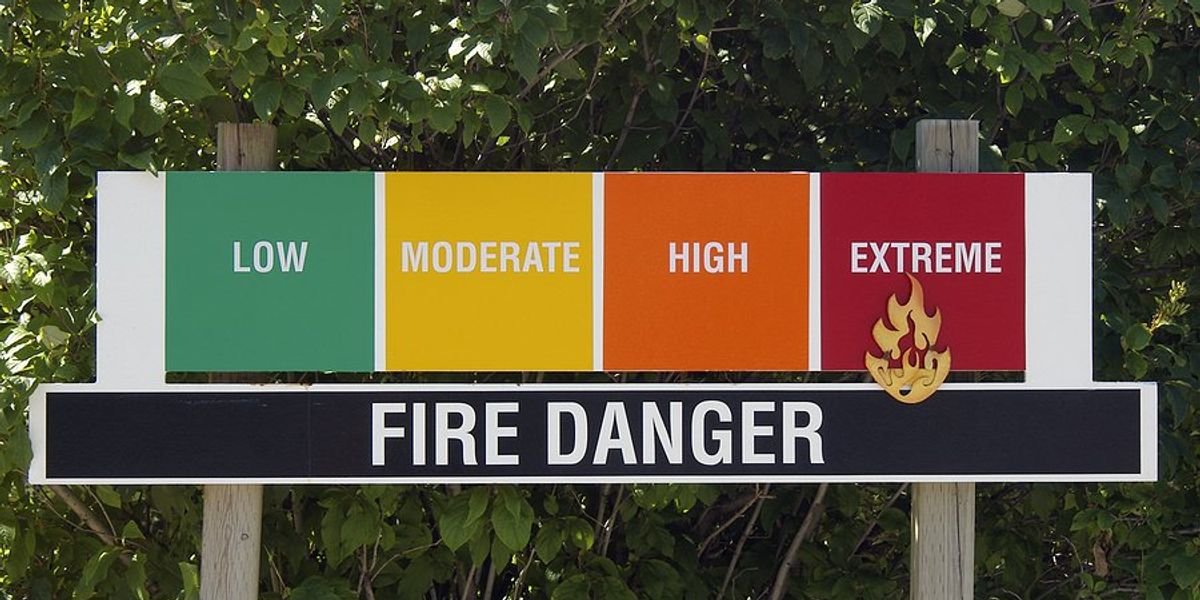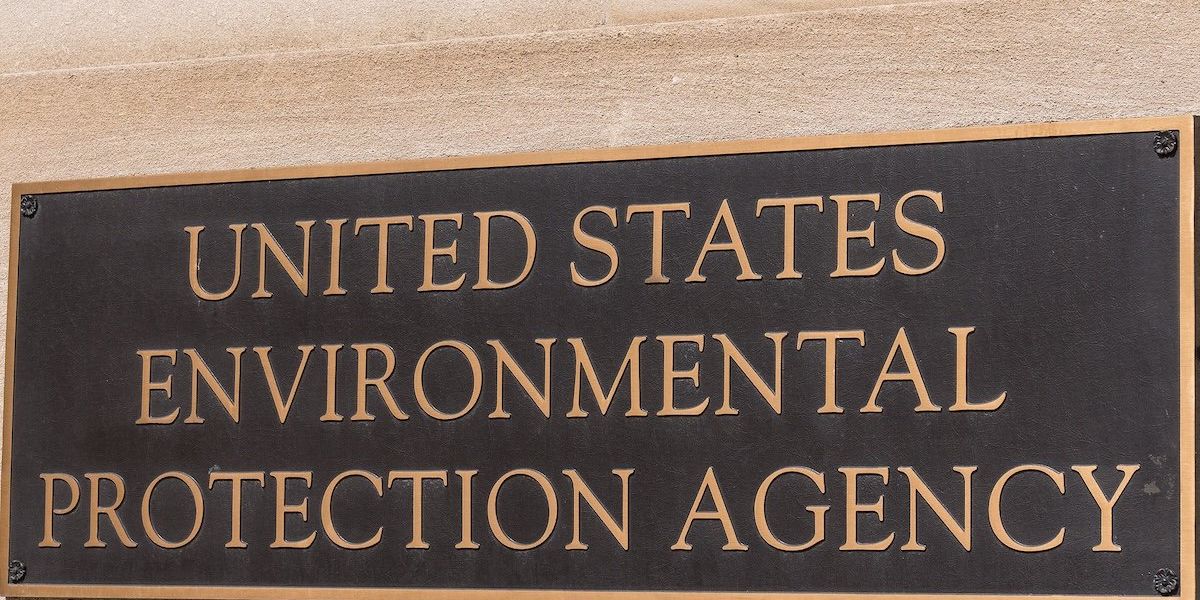ethanol
Proposed carbon pipeline will miss some ethanol plant emissions
The planned $8 billion carbon pipeline in South Dakota promises to capture CO2 from ethanol fermentation but will leave emissions from fossil-fuel-powered equipment untouched.
In short:
- The pipeline aims to capture up to 18 million metric tons of CO2 from ethanol fermentation annually, but leaves 7 million tons from machinery emissions.
- CO2 from gas-powered equipment is harder to capture and more expensive due to its mixed composition.
- A report suggests ethanol production could achieve net-negative emissions by 2040 through carbon capture and other sustainability efforts.
Key quote:
"This is both a giant pipeline project and a drop in the bucket."
— Daniel Sanchez, assistant professor at the University of California-Berkeley’s Department of Environmental Science, Policy and Management
Why this matters:
Capturing only fermentation emissions limits the pipeline's environmental impact. Broader efforts are needed, including reducing natural gas use at ethanol plants, to meaningfully cut greenhouse gases.
Examining Tim Walz's agricultural ties, climate record
Minnesota Gov. Tim Walz, chosen by Kamala Harris as her vice-presidential running mate, faces scrutiny over his climate policies despite strong agricultural ties.
In short:
- Gov. Tim Walz's agricultural policies have earned him praise from climate advocates, but his support for ethanol and factory farming raises environmental concerns.
- Walz's legislative work, including the SOIL Stewardship Act, highlights his efforts to promote sustainable farming by improving soil health and carbon sequestration.
- Critics point to Walz's support for emissions-intensive agricultural practices, such as ethanol production, which conflicts with his environmental advocacy.
Key quote:
"On biofuels he’s indistinguishable from all the other Republicans and Democrats in Midwestern states, which is bowing at the altar of almighty corn."
— Ferd Hoefner, former policy director, National Sustainable Agriculture Coalition
Why this matters:
Ethanol, often touted as a greener alternative to fossil fuels, still poses challenges in terms of its actual carbon dioxide emissions and the extensive land use required for corn production, the primary source of ethanol in the United States. Meanwhile, factory farming, known for its efficiency in meeting global food demands, continues to be a significant source of methane emissions, a potent greenhouse gas, and often involves practices that can lead to deforestation, water pollution and biodiversity loss.
Related:
Midwestern CO2 pipeline gets Iowa approval but faces further challenges
Iowa regulators approved Summit Carbon Solutions' CO2 pipeline project, but it still needs approvals from other states to proceed.
In short:
- The $5.5 billion project will transport CO2 emissions from over 50 ethanol plants in five states for underground storage in North Dakota.
- Opponents fear land seizures and potential hazards from pipeline ruptures, while supporters argue it aids climate change efforts and economic growth.
- Summit must secure approvals from North Dakota, South Dakota, Minnesota, and Nebraska before construction can begin.
Key quote:
“Whether you think it’s smart or silly, the world’s largest airlines want to decarbonize their fuel.”
— Monte Shaw, executive director at the Iowa Renewable Fuels Association
Why this matters:
For advocates, the pipeline represents a crucial step in reducing carbon emissions and combating climate change. By capturing and storing CO2, the project could help lower the carbon footprint of biofuel production, making it a more sustainable option. Farmers and landowners have voiced strong opposition, fearing the pipeline could disrupt agriculture and threaten water supplies. Environmentalists are divided, with some supporting carbon capture as a necessary tool in the fight against global warming, while others argue it distracts from investing in renewable energy sources like wind and solar power.
Expanded carbon dioxide pipeline proposed for Iowa
Summit Carbon Solutions seeks to grow its CO2 pipeline network in Iowa to include more ethanol plants.
In short:
- Summit Carbon Solutions intends to increase its pipeline system in Iowa by 340 miles, connecting additional ethanol plants.
- The expansion comes after Navigator CO2 abandons its similar project, leading ethanol producers POET and Valero to join Summit.
- The Iowa Utilities Board is reviewing Summit's initial proposal, while opponents express concerns over land rights and environmental impacts.
Key quote:
"I view our project as representing a meaningful shift in agriculture to lower the carbon intensity of biofuel products."
— Lee Blank, CEO of Summit Carbon Solutions
Why this matters:
This pipeline expansion is crucial for enhancing biofuel production's environmental profile, which aligns with national efforts to reduce carbon emissions. It also directly impacts Iowa's economy, where corn for ethanol is a significant crop.
Most of the ever increasing harvests of corn and soybeans produced by our struggling farmers aren't even eaten directly by humans. They are fed to cattle and used for industrial food ingredients and biofuels.
Iowa counties await decision on pipeline ordinances amid legal battles
Several Iowa counties face legal challenges over ordinances restricting carbon dioxide pipelines, with outcomes hinging on federal appeals.
In short:
- Shelby and Story counties' pipeline restrictions were overruled by a federal judge, sparking appeals.
- Summit Carbon Solutions sued five counties for imposing pipeline restrictions, citing disruption to their $8 billion pipeline project.
- The legal battles reflect local concerns about pipeline safety and environmental impacts.
Key quote:
"The challenged restrictions impose severe limitations that will lead to a situation where the (Iowa Utilities Board) may grant a permit to construct a pipeline and Summit is unable to do so."
— Chief Judge Stephanie Rose
Why this matters:
This legal conflict underscores the tension between local environmental safety concerns and large-scale industrial projects. The outcome could set a precedent for how local and federal authorities balance environmental protection with industrial development.
Source of pride and pollution: Balancing energy needs and community health.
Midwest states debate future of transportation fuels for CO2 reduction
Midwest states are considering significant changes in transportation policies, focusing on reducing carbon emissions through electric vehicles and ethanol.
In short:
- Midwest states, following carbon-free power initiatives, are now targeting tailpipe emissions with proposals for clean transportation standards.
- The debate centers on whether to prioritize electric vehicles or biofuels like ethanol, alongside carbon capture and storage, for long-term decarbonization.
- Environmental groups express concerns over the reliance on ethanol, citing studies questioning its effectiveness in reducing carbon intensity compared to gasoline.
Key quote:
"Getting locked into ethanol wars is unproductive."
— Jeremy Martin, Union of Concerned Scientists.
Why this matters:
This discussion represents a pivotal moment in shaping the Midwest's approach to reducing transportation emissions. The outcome will have significant implications for environmental health, influencing national trends in sustainable transportation and energy policies.
Buzzkill
A bee researcher's colonies kept dying, and she couldn't figure out why. Then, she looked at the ethanol factory down the road.



















